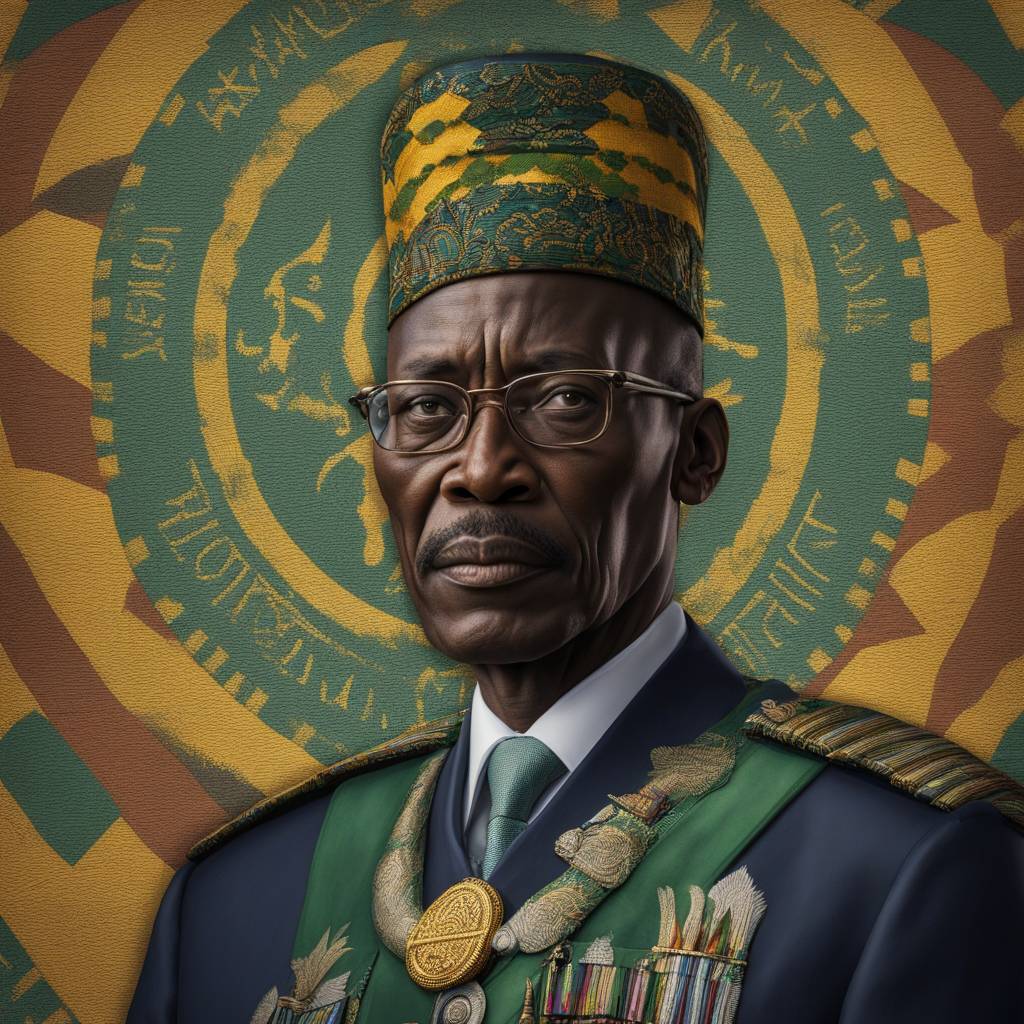President Paul Kagame, the architect of Rwanda’s stunning transformation from the horrors of the 1994 genocide, has led the country with harsh methods that have attracted little international condemnation. Thirty years later, Kigali is a thriving city with modern infrastructure, attracting tourists and hosting prestigious events. However, critics argue that Kagame’s repressive tactics, once seen as necessary for stabilizing Rwanda after the genocide, are now being used to entrench his rule. Ethnic divisions still play a significant role in Rwandan society, despite official efforts to erase them from public discourse.
Opponents of Kagame, such as prominent political figure Victoire Ingabire Umuhoza, highlight the lack of democracy, rule of law, and social and political exclusion in Rwanda under his leadership. While Kagame’s rule was initially seen as necessary to bring order after the genocide, calls for strong institutions rather than strongmen are growing louder. Critics point out the dominance of ethnic Tutsis in key government positions, while Hutus, who make up the majority of the population, remain excluded from true power.
Kagame has been praised for his economic policies and efficient use of aid, leading to significant improvements in Rwanda’s quality of life. However, his repressive tactics and manipulation of official statistics have raised concerns about the true nature of progress in the country. Critics argue that Kagame has used the memory of the genocide to suppress the Hutu majority, focusing on the genocide of Tutsis while downplaying the deaths of moderate Hutus who tried to save Tutsis.
Kagame’s iron rule extends beyond Rwanda’s borders, with reports of Rwandan exiles being intimidated, attacked, or assassinated in several countries. The government’s reach has sparked concerns about human rights abuses and interference in other nations. Recent tensions with the United States over Rwanda’s alleged support for rebel groups in eastern Congo have strained relations between Kagame and major foreign donors. Despite facing criticism and pressure from the international community, Kagame remains firmly entrenched in power, with little real resistance domestically.
The anniversary of the genocide serves as a stark reminder of Kagame’s lasting impact on Rwanda and the lingering ethnic divisions that persist beneath the surface. Critics argue that true reconciliation and progress require a more inclusive approach that addresses historical injustices and empowers all citizens, regardless of ethnicity. As Rwanda continues to navigate its post-genocide future, questions about Kagame’s leadership and the path forward for the country remain at the forefront of domestic and international discourse.








